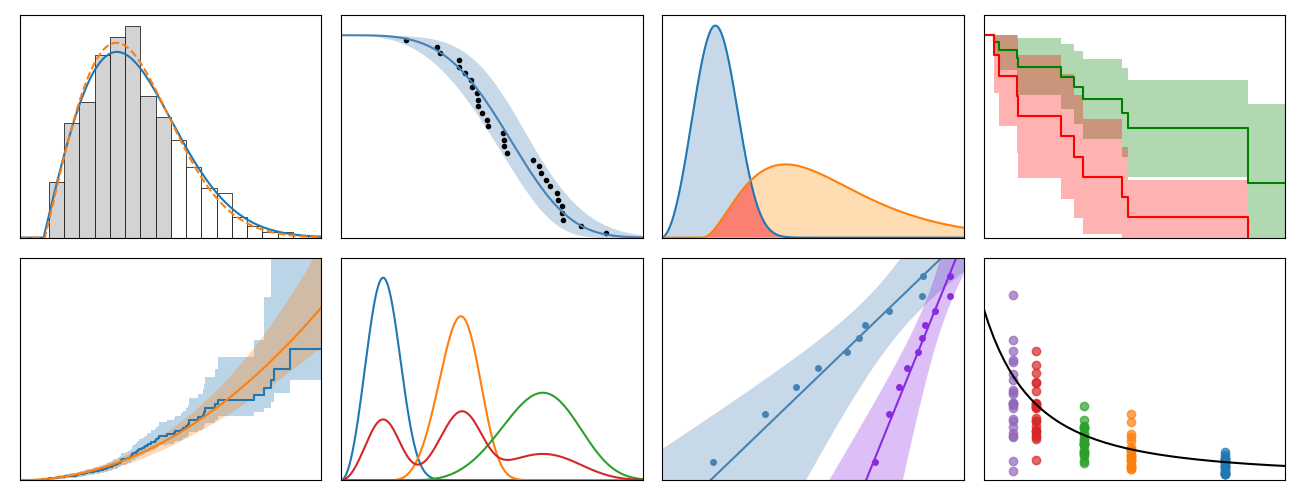
Security News
Research
Data Theft Repackaged: A Case Study in Malicious Wrapper Packages on npm
The Socket Research Team breaks down a malicious wrapper package that uses obfuscation to harvest credentials and exfiltrate sensitive data.

reliability is a Python library for reliability engineering and survival analysis. It significantly extends the functionality of scipy.stats and also includes many specialist tools that are otherwise only available in proprietary software.

Detailed documentation and examples are available at readthedocs.
To install reliability for the first time, open your command prompt and type:
pip install reliability
To upgrade a previous installation of reliability to the most recent version, open your command prompt and type:
pip install --upgrade reliability
If you would like to receive an email notification when a new release of reliability is uploaded to PyPI, NewReleases.io provides this service for free.
If you find any errors, have any suggestions, or would like to request that something be added, please email alpha.reliability@gmail.com.
FAQs
Reliability Engineering toolkit for Python
We found that reliability demonstrated a healthy version release cadence and project activity because the last version was released less than a year ago. It has 1 open source maintainer collaborating on the project.
Did you know?

Socket for GitHub automatically highlights issues in each pull request and monitors the health of all your open source dependencies. Discover the contents of your packages and block harmful activity before you install or update your dependencies.

Security News
Research
The Socket Research Team breaks down a malicious wrapper package that uses obfuscation to harvest credentials and exfiltrate sensitive data.

Research
Security News
Attackers used a malicious npm package typosquatting a popular ESLint plugin to steal sensitive data, execute commands, and exploit developer systems.

Security News
The Ultralytics' PyPI Package was compromised four times in one weekend through GitHub Actions cache poisoning and failure to rotate previously compromised API tokens.